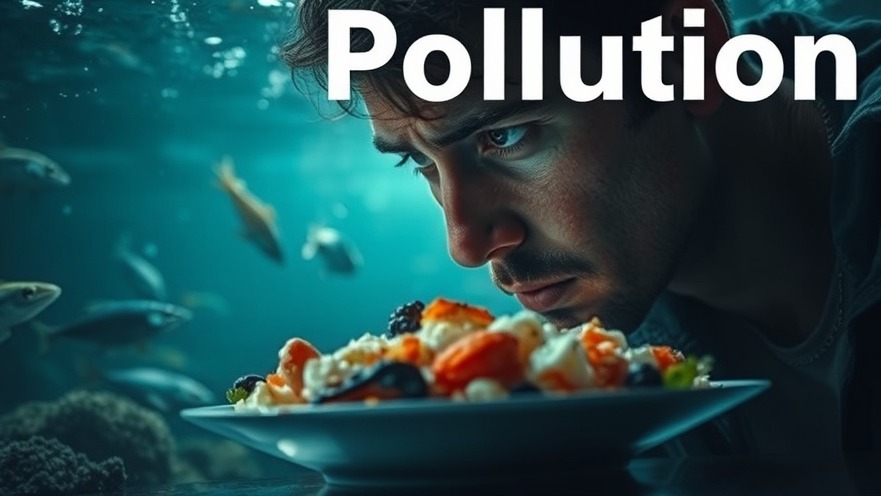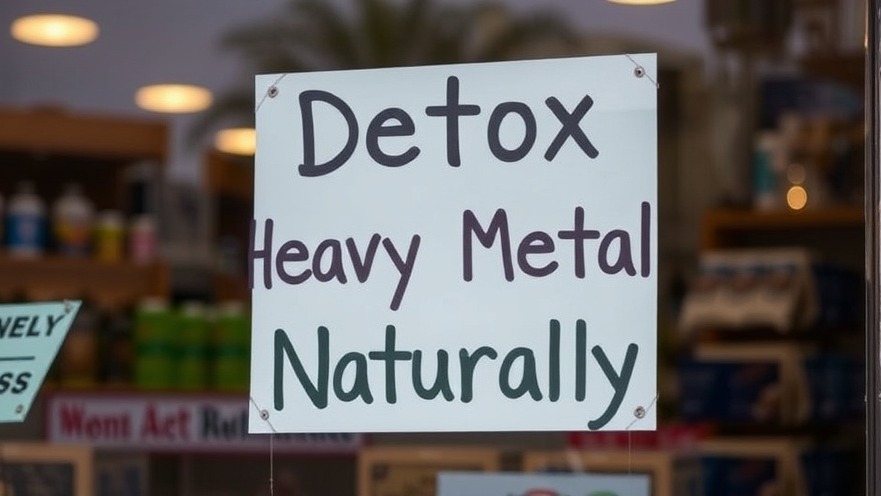
The Hidden Dangers of Seafood: What You Need to Know.
When we think of seafood, many of us picture delicious meals and nutritious choices. But is pollution in seafood harming your brain and immune system? This pressing question is increasingly relevant as our oceans face more environmental challenges. It’s not just about the fish on our plate; it’s about how they can affect our health, too. Pollution isn’t just an aesthetic problem—it could have profound effects on our bodies.
In 'Is Pollution in Seafood Harming Your Brain and Immune System?', we explore the alarming impacts of toxins on our health, prompting us to take a deeper look at sustainable seafood practices.
Understanding Seafood Pollution and Its Sources
Pollution in our oceans mainly comes from chemicals and heavy metals, including mercury and lead, which can accumulate in fish. These toxins enter the food chain, threatening not just marine life, but human health as well. As fish consume smaller organisms that contain pollutants, these harmful substances concentrate in their bodies, particularly in species higher up the food chain, such as tuna or shark.
Impacts on Brain Health
Research suggests that consuming polluted seafood can adversely affect brain function. Studies link high levels of mercury to cognitive decline and neurodevelopmental issues, particularly in children. This is alarming, as seafood—often touted for its omega-3 fatty acids—can paradoxically pose risks when contaminated. It raises the need for awareness and informed choices when it comes to our seafood consumption.
The Immune System at Risk
Heavy metals and other toxic substances found in polluted seafood can also compromise the immune system. Our body’s defenses work hard to protect us from illnesses, but exposure to pollutants can weaken our immune response. This makes us more susceptible to infections and diseases, underlining the importance of knowing where your seafood comes from and how it’s sourced.
Making Safer Choices for Your Health
So, how can we enjoy the benefits of seafood without the risk? Start by choosing smaller fish, which generally contain lower levels of pollutants. Options like sardines, mackerel, and anchovies are good alternatives that provide essential nutrients without the heavy metal burden. Furthermore, consider opting for sustainably sourced seafood, which adheres to environmental regulations designed to reduce pollution.
The Role of Sustainable Practices
As consumers, we can push for change. Supporting sustainable seafood practices not only helps decrease pollution but also promotes healthier fish populations. Many organizations advocate for responsible fishing methods, which can yield cleaner, safer seafood options. By choosing sustainably sourced seafood, we contribute to healthier oceans and potentially healthier lives.
Final Thoughts
In conclusion, the question isn’t just whether seafood is good for you. It's vital to consider where it comes from and how it's caught. As we continue to grapple with pollution's impact on our health, being informed and proactive can make a significant difference. Remember, your choices matter—not just for your health but for the future of our oceans.
 Add Row
Add Row  Add
Add 




Write A Comment